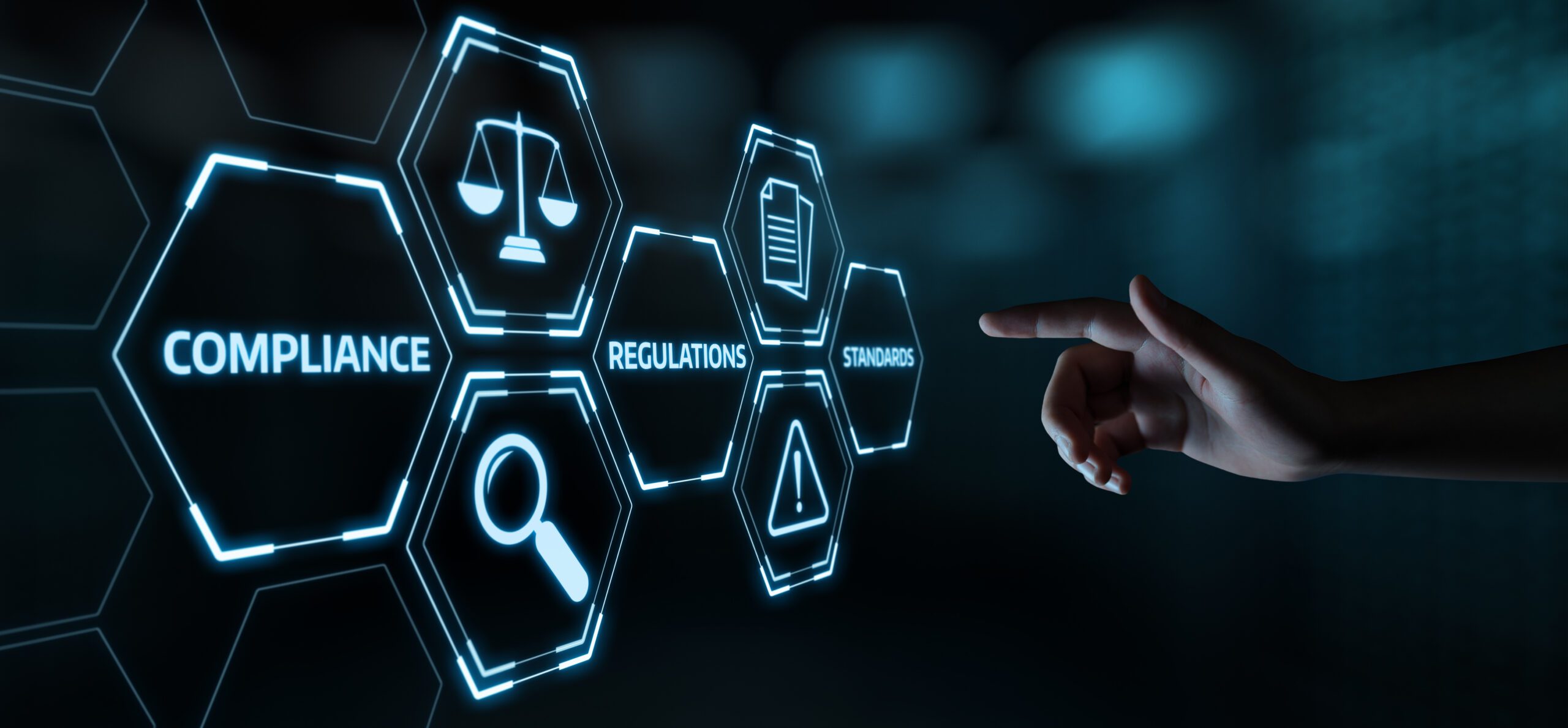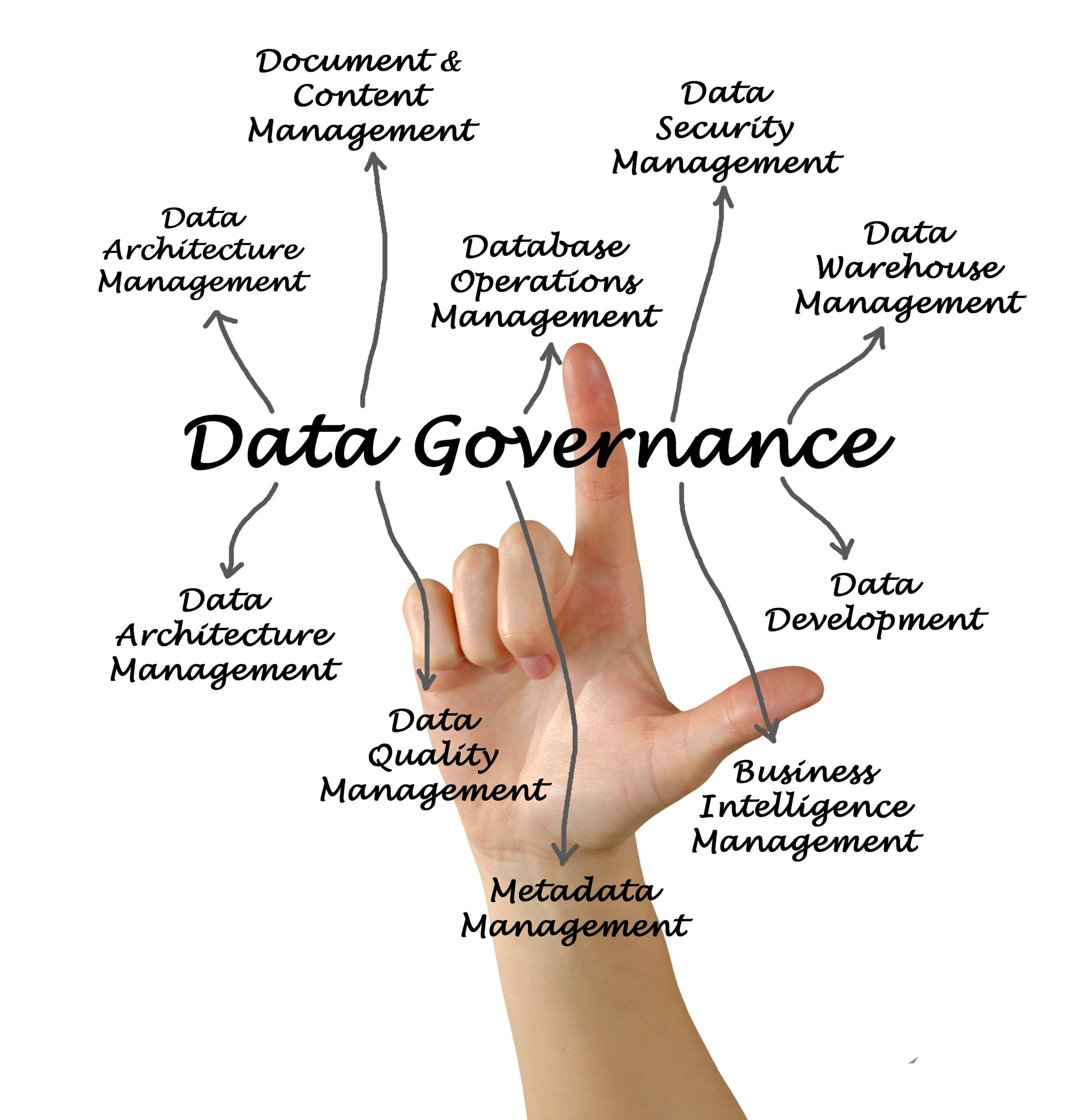
I’d like to iterate from the off, this is a 50 000ft view of a massive subject …. So data governance in a compact and convenient nutshell, what is it and why is it more important than ever before? Modern day life and access to the fastest scene of developing technology that we have ever seen before, rapidly increases speeds and access to data to the masses. Twenty years ago, I did my degree and it feels like the internet was in its infancy with dial up broadband and what now feels like crude search parameters. Data has been around forever, but our access to it and means of processing and analysing it has often been laboured and subject to human error. We are in an age now where this, with a little awareness of personal bias can be overridden as discussed in article (Considering Bias – A healthy discusission – Geordie Consulting …..) however, with this broadened spectrum of access comes a whole host of other problems. How and where is the data sourced, where is it stored, how secure is it?
How can we be assured of the quality and what security challenges does it present? Data governance consumes itself with the finer details, bringing functionality together with legal compliance to provide an operational framework.

How is your data collected and from where? What kind of data is being captured and why, is it representative of an objective or goal or again as we have previously discussed, is it just the accepted norm or box ticking – like asking age and gender without just cause. How often are you asked stuff like that only to come away and feel it is just not relevant? Data collected should be in accordance with a stringent nod to the aims and objectives, not to mention in alignment with its intended usage, otherwise its constantly going to be a distraction and waste valuable time and resources. It is better to start small with big aspirations, than to get overwhelmed by too much information that leaves you with an exacerbating amount of data and a pointless analysis which leads you astray. It is important to remember here that correlation and causation are not the same thing. When we collect data without purpose we invite correlation detection, but true science requires a hypothesis before the data is assessed, not vice versa. If your sample of data says “Left-handed, blonde males between 25 and 27 are more likely to…” does that make it a universal? Data Governance supports the science of Analysis.
Data Governance allows our organisations to not only remain compliant with our legal duties and responsibilities around data, but it also forces us to think in scientific terms. Questions begin to be formed in scientific terms and not just “I wonder what…”. The scientific question of “Does hair colour influence purchases of….” is also suspect because it would lack a benefit to the organisation? The data and its results would be suspect as they are reliant on either an agent perception or a person honesty. Finally, of course, is there a legal way to act on the results, after all we cannot discriminate!
Having a framework of data governance and integrating ethics into the process gives you guidelines and opportunities to take stock, assess and reassess situations methodically. It can be the root of sustainable growth for an organisation, it takes responsibility and infers a duty of care to help minimise biases in the data collected (remember we find what we look for, what we want to do is invite fair and good analysis), increases transparency, and ensures fairness; assessing the risks involved within the processes of collection, storage, analysis, and access to the data. At the end of the day, it is about encouraging a healthier data culture leading to clear and concise communication done in a mindful, responsible manner.
That said, if you think we can help you get to grips with and increase your data literacy and improve your organisations data culture, why not get in touch for a chat. Our “starting out” session does as it say’s on the tin. With our proven experience and expertise, you will soon be thriving.
#geordielife #dataliteracy #datadrivendecisionmaking

